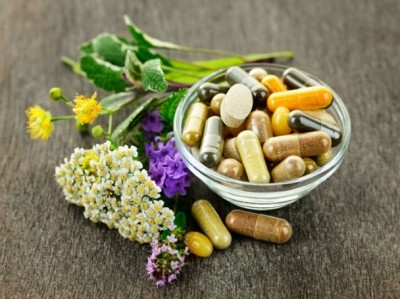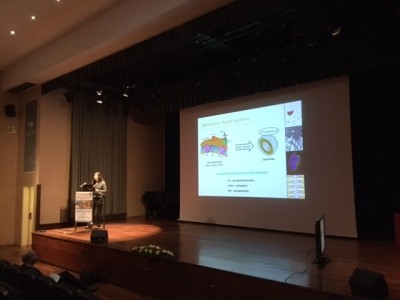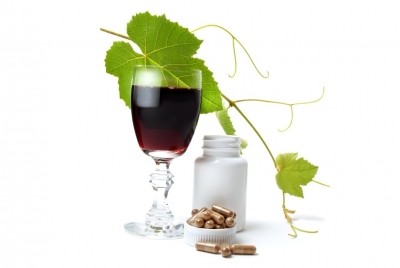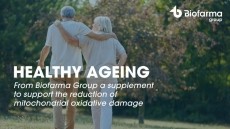Resveratrol breathes new life into age-related lung damage

US scientists have demonstrated that resveratrol administered via the lung may show promise in slowing down lung structure damage and deterioration in function.
The team noticed that resveratrol targeted the cell lining of the lungs preserving the mechanism exchange between oxygen and carbon dioxide.
“While the natural deterioration of the human lung generally occurs over decades, the injury to lung cells is analogous to the lung cell damage that occurs in premature infants who experience respiratory distress before their lungs have fully developed," said Dr Barbara Driscoll, assistant Professor at The Saban Research Institute of Children's Hospital Los Angeles,
"Identifying a way to protect and strengthen young lungs before significant damage occurs is the goal of our research."
Resveratrol’s link to enhancing heart health, blood sugar management, and energy endurance has identified it as a powerful polyphenol and anti-fungal chemical.
Primarily found in grapes and red wine, the nutrient can also be found in walnuts, peanuts and berries.
This is not the first time that the polyphenol had been looked at within a healthy ageing capacity.
Notable studies have highlighted its effectiveness in improving muscle capacity amongst the elderly.
Mouse model

Using a mouse model that aged quicker than normal the team looked at whether the build-up of damage as the animals aged could be halted by inhaled resveratrol.
These mice (aged 2 months) inhaled 1 milligram per kilogram (mg/kg) of resveratrol that was administered through the throat once per month for 3 months.
A month after the procedure had ended, lung function, structure and cellular DNA damage were assessed.
The cell lining of the lungs known as alveolar epithelial type 2 cells (AEC2), which play a major role in gas exchange, were also assessed.
The researchers found that resveratrol treatments delayed the loss of lung function, maintained lung structure and appeared to block cell DNA damage.
They added that resveratrol given directly to the lungs may be an effective intervention for age-related lung decline, which is classed as a risk factor for chronic lung disease development.
“We believe that ours is the first study to demonstrate a beneficial effect of lung-directed resveratrol treatments on aging lung function," said Dr Driscoll.
Possible mechanism?
Resveratrol has previously been shown to possess anti-inflammatory properties in airway epithelial cells and specific lung cells taken from COPD patients.
The mechanism of this action may be explained by the resveratrol controlled Sirtuin (SIRT1) activity
SIRT1 is an enzyme that disarms proteins that contribute to cellular regulation such as reaction to stressors and preserving longevity.
The resveratrol–SIRT1 pathway has also been linked to an extension of the lifespan in several animals as well as improving mitochondrial function in mice.
Source: Thorax
Published online ahead of print: doi.org/10.1136/thoraxjnl-2016-208964
“Inhaled resveratrol treatments slow ageing-related degenerative changes in mouse lung.”
Authors: Sonia Navarro, Raghava Reddy, Jooeun Lee, David Warburton, Barbara Driscoll















